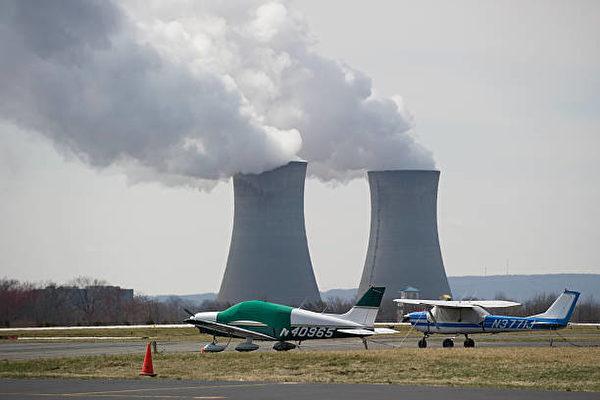Pennsylvania Gov. Tom Wolf is pressing for his state to join the Regional Greenhouse Gas Initiative (RGGI), a program intended to cap and reduce carbon dioxide emissions from the power sector.
However, State Senate Environmental Resources and Energy (ERE) Committee Chairman Gene Yaw (R) told The Epoch Times that Wolf’s proposed plan to enter Pennsylvania into RGGI is not going to help the environment, instead it will have devastating economic impacts on the state’s energy and manufacturing industry.




